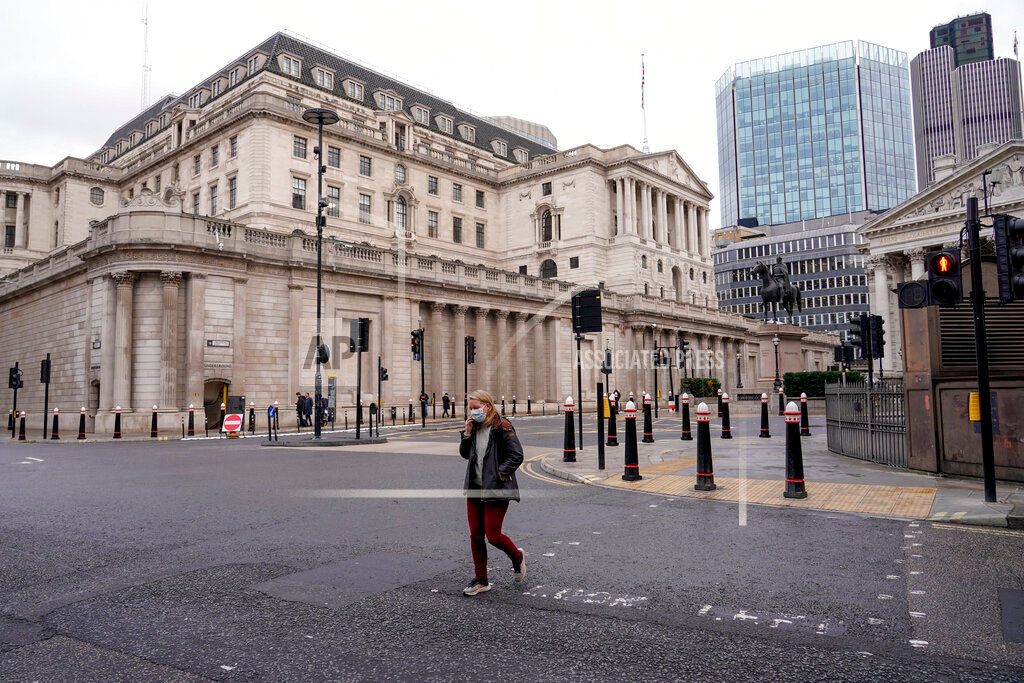Inflation in the United Kingdom climbed back above 10% in September on sky-high food prices, official data showed Wednesday, with the nation rattled by a cost-of-living crisis.
The Consumer Prices Index increased to 10.1% on a yearly basis, up from 9.9% in August, according to the Office for National Statistics.
Also Read| US dollar hovers near 32-year peak against yen despite intervention risks
The consumer price index increased 0.5% from August, while core consumer prices increased 0.6%, both figures marginally higher than estimated. The headline rate increased to 10.1% from 9.9%, while the core rate increased to 6.5% from 6.3%.
Also Read| Asian shares rise ahead of UK inflation data
The data provided some relief in that producer price inflation, which translates into consumer inflation with a slight time lag, dropped from August, but by less than predicted. Factory gate prices increased by only 0.2%, lowering the annual PPI to 15.9% from 16.4%.
The September rate mirrored the July level and is the highest in 40 years, owing to sky-high energy prices.
Also Read| Oil prices rise 1% as supply concerns persist
“I understand that families across the country are struggling with rising prices and higher energy bills,” Britain’s new finance minister Jeremy Hunt said in a statement.
“This government will prioritise help for the most vulnerable while delivering wider economic stability and driving long-term growth that will help everyone.”
Market turmoil has rattled the government in the aftermath of a budget that promised uncosted tax cuts.
Also Read| Sensex climbs 380 points, Nifty rises by 98 points in early trade
The majority of the policies were later reversed, leaving Prime Minister Liz Truss fighting for her position.
Truss fired Hunt’s predecessor, Kwasi Kwarteng, after less than six weeks in the post, citing widespread criticism of the budget.
Also Read| US Stock Market: Dow, S&P500, Nasdaq, Russell ended over 1% up on Tuesday
Analysts believe Wednesday’s report will put pressure on the Bank of England to continue raising its key interest rate by significant amounts.
According to Capital Economics, the Bank of England might raise interest rates by up to one percentage point to 3.25% at its next meeting in November.







